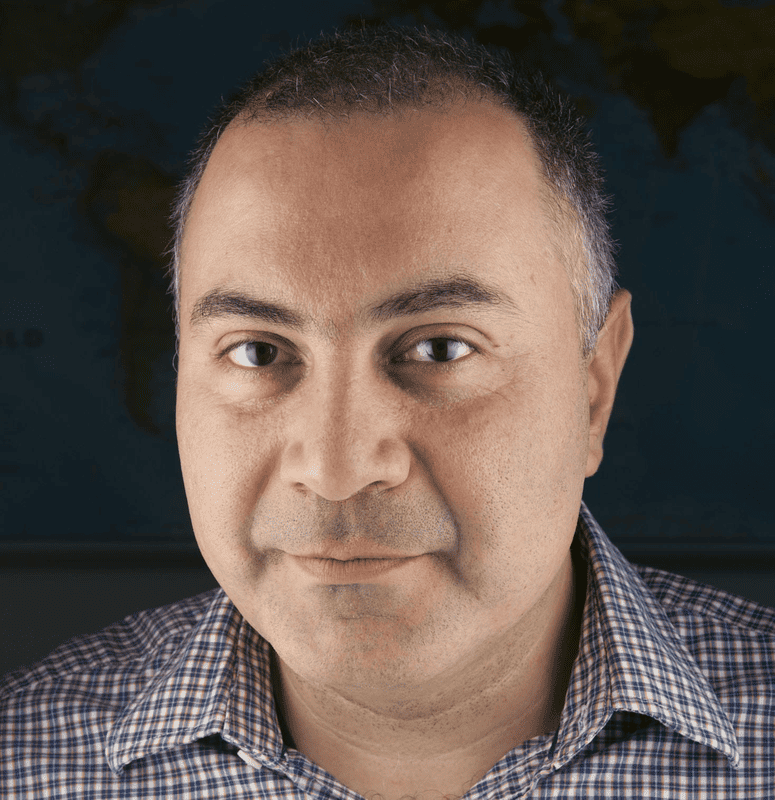In this Northern Triangle nation, as elsewhere in Latin America, weighing the risks and rewards of foreign direct investment leads to difficult choices.
Violence and lawlessness have been siphoning off Guatemala’s economic potential for decades and, although a change for the better looms in the distance, it might not arrive soon.
Guatemala has the largest economy in Central America as well as proximity to the US. With the US and five other countries, Guatemala’s membership in the Dominican Republic–Central America Free Trade Agreement (CAFTA-DR) provides further opportunities. Everything in the CAFTA-DR zone will be duty-free in a few years and, unlike other trade pacts Washington has considered or signed, there is no apparent threat to this agreement.
“Nobody has said that CAFTA-DR is up for review,” says Arturo Matute, Guatemala-based analyst with the International Crisis Group. That entrée into North America bodes well for Guatemala’s continuing remittance inflows, which account for an estimated 10% to 12% of the country’s economy.

In reviewing Guatemala’s investment climate, the US State Department cites the country’s “complex and confusing laws and regulations, inconsistent judicial decisions, bureaucratic impediments and corruption [as] practical barriers to investment.” President Jimmy Morales came to power in 2015 in a landslide, in large part because of his anticorruption image, but last year some of his own relatives were arrested on graft charges. “Guatemala struggles to adhere to the rule of law,” says Matute. “Criminal actors and criminal acts do have a strong [presence] in many government institutions. They have ways of influencing government decisions that … do not produce good conditions for investment or for economic activity in general.” For a foreign investor, strategies for sidestepping unsavory practices include avoiding government contracts and tapping the American Chamber of Commerce for local knowledge.
Despite its challenges, Guatemala has advantages that have attracted Walmart and Shell Oil as well as more than 200 other companies from the US and elsewhere, according to the State Department. The country has substantial mineral deposits along with plentiful water resources. And, Matute says, “Energy is cheap in Guatemala compared to neighboring countries.”
The Northern Triangle—which also includes Honduras and El Salvador—has a serious gang problem. Although Guatemala has achieved some success in reducing the incidence of kidnappings, hiring a reputable security firm provides the best solution for a foreign investor. And patience, or foresight, may be rewarded. “It is inevitable that the Guatemalan situation will become better in the future,” Matute explains. “It is in worse shape now than it will be in 10 or 15 years.”
|
Vital Statistics |
|
Location: Central America |
|
Neighbors: Mexico, Belize, Honduras, El Salvador |
|
Capital city: Guatemala City |
|
Population (2017): 16,913,503 |
|
Official language: Spanish |
|
GDP per capita (2016): $4,146.70 |
|
GDP growth (2016): 3.1% |
|
Inflation (2016): 4.4% |
|
Currency: Quetzal |
|
Investment promotion agency: Invest in Guatemala, Ministry of the Economy |
|
Investment incentives available? Depends on sector |
|
Ease of Doing Business rank (2017): 97 |
|
Corruption Perceptions Index rank (2016): 136 |
|
Political risk: Allegations against president Morales add to political instability |
|
Security risk: Continuing dispute with Belize; high murder rate; high drug crime rate |
|
PROS |
|
Potential for a demographic dividend |
|
General financial stability |
|
Strong economic performance |
|
Exposure to strong American economy |
|
No apparent resistance to continued international support |
|
Climate great for crops such as coffee |
|
Cons |
|
Train transportation very poor |
|
Royalty hikes in the mining sector |
|
High crime rates a factor in causing large numbers to leave the country |
|
Forced repatriations |
|
High poverty rate |
Sources: Amandala.com, Associated Press, Euler Hermes Economic Research, Guatemala Ministry of Foreign Affairs, News 5 Belize, PanAm Post, Pew Research Center, Reuters, teleSUR, Transparency International, US State Department, World Population Review
For more information on Guatemala, check out our Country Economic Reports here.



